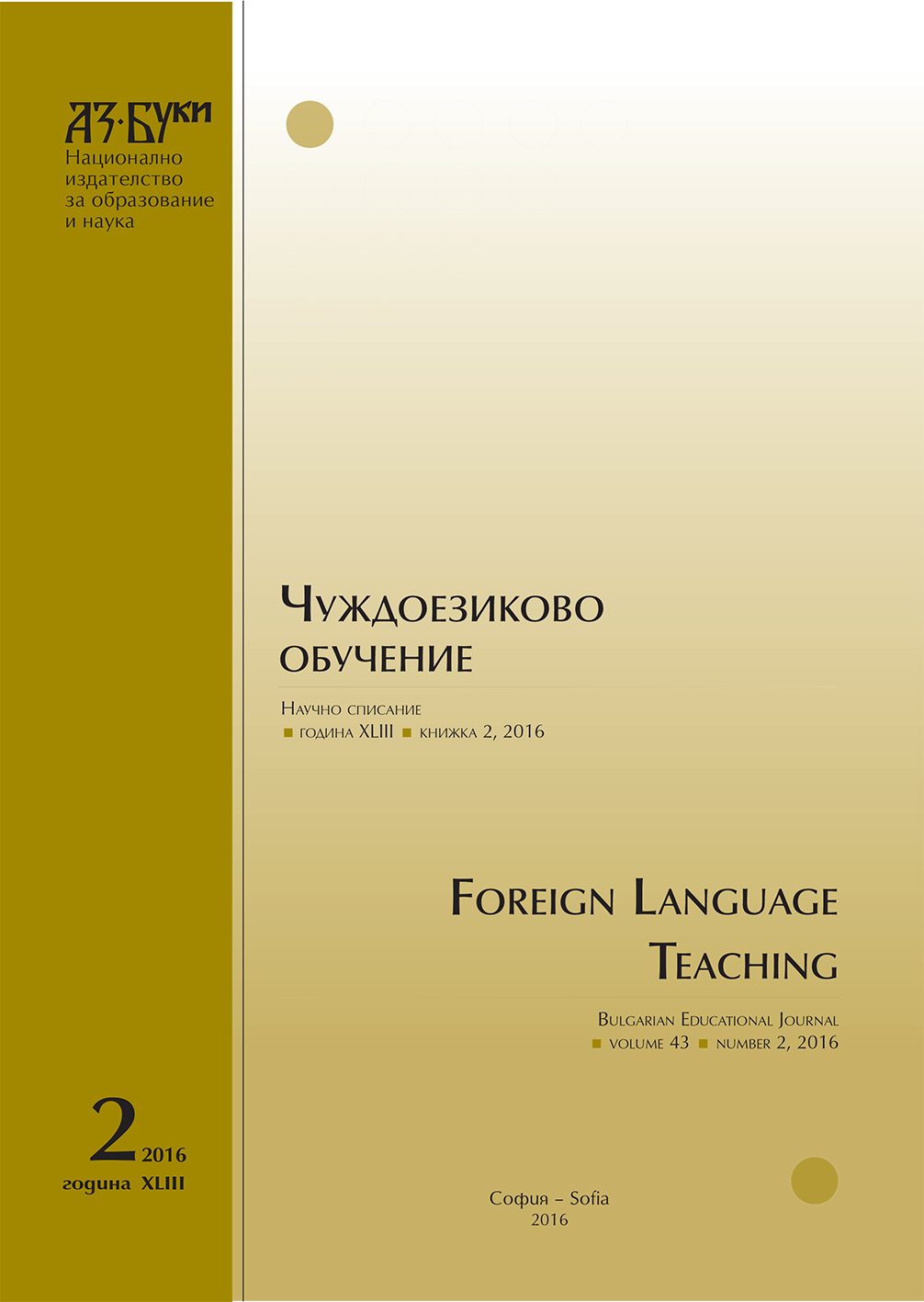Тенденции в развитието на образованието по класически езици и класическа древност на Балканите (Гърция, Македония, Сърбия, Румъния)
Teaching Classical Languages and Classical World in the Balkans (Republic of Greece, Macedonia, Serbia, Romania)
Author(s): Mirena Slavova, Yoana Sirakova, Boris Vounchev, Luyba RadilovaSubject(s): Language studies, Language and Literature Studies, Education, Foreign languages learning, Theoretical Linguistics, Applied Linguistics, Studies of Literature, School education, Vocational Education, Adult Education, Higher Education , History of Education, Translation Studies, Theory of Literature, Inclusive Education / Inclusion
Published by: Национално издателство за образование и наука „Аз-буки“
Keywords: education; Classics; ancient languages; identity; Balkans; secondary education; higher education
Summary/Abstract: This paper shows the outcomes of a study carried out at the Department of Classical Philology at the Faculty of Classical and Modern Philology in Sofia University, dealing with latest trends in classical education in the Balkan area. It aims to outline some crucial characteristics of teaching and learning ancient languages, history and culture in secondary and higher education in the countries of the Balkan Peninsula. Emphasis is put on the different ways by which different educational systems face the challenges in harmonizing their own national features with both the new development and research tendencies in classics and the new generations’ requirements. In all the countries surveyed, a central issue comes to the fore: education in classics turns out to be a strong medium for actualizing both the common European identity of diverse nation hoods and the countries’ own national distinctiveness.
Journal: Чуждоезиково обучение
- Issue Year: 43/2016
- Issue No: 2
- Page Range: 146-170
- Page Count: 25
- Language: Bulgarian
- Content File-PDF

